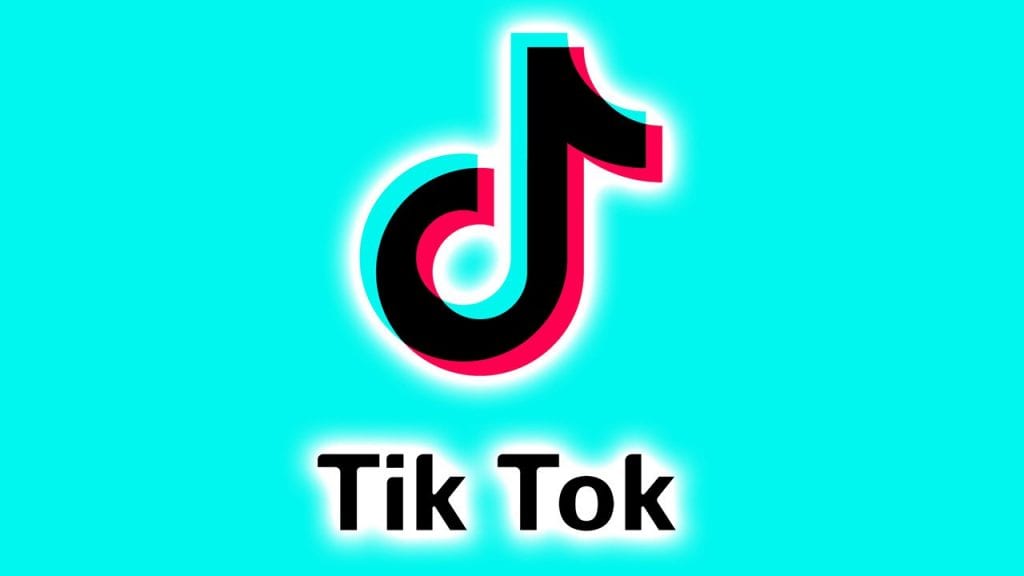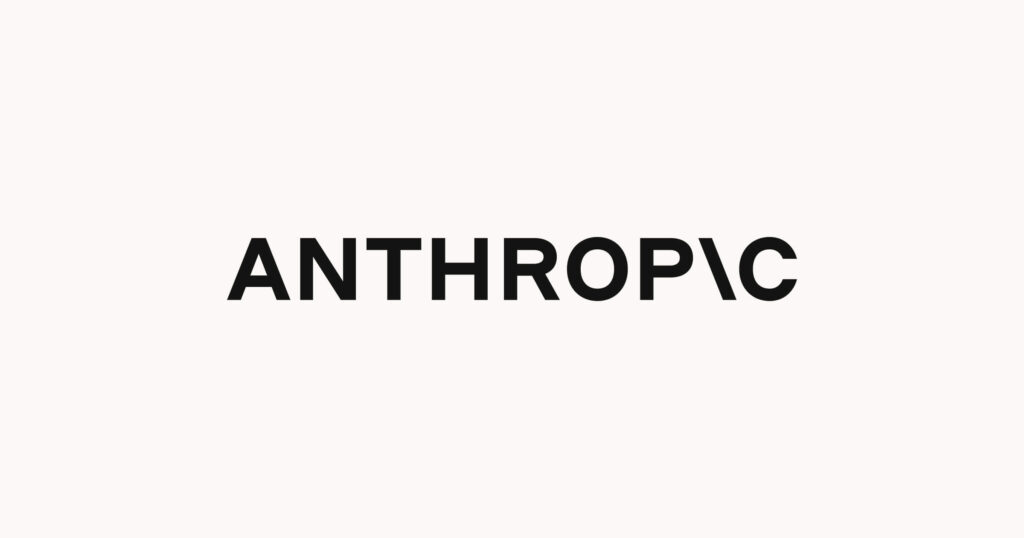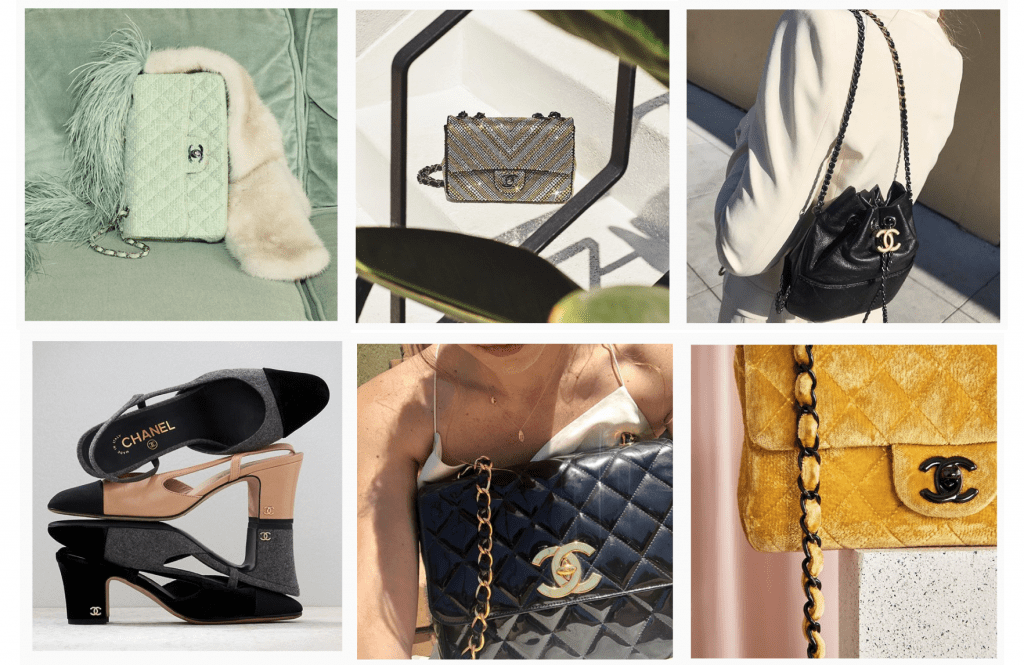TikTok, the viral video sharing platform, has been one of the biggest hits of lockdown. Content that originated on the app, from celebrities dancing to original choreography to nurses dancing in hospitals across the globe, has found its way off of the platform to other social apps and has garnered mainstream television coverage, as well. TikTok even put its first ad on television in the United Kingdom; the ad was made in COVID-19 isolation, of course.
Initially released in China in September 2016 before being rolled out in the U.S. two years later, the user base for the video-sharing app has grown rapidly over the lockdown period, with 315 million downloads in the first quarter of 2020, and it is not difficult to see why it has found its lockdown niche: the infinite scroll of content is addictive and often, less stressful than news-driven platforms. More than that, TikTok videos are usually made at home, and so creators are not at a disadvantage despite stuck at home, and in fact, this comes in contrast to platforms like Instagram, which has become a showcase for exotic travel and live events.
TikTok trends
The primary uses of TikTok to date have centered on viral dances, comedy challenges and demonstrations of visual flair, such as makeup and cosplay memes, but recently there has been increased political and social content. Political activists, for instance, have taken to adapting existing TikTok memes and trends to meet their agendas. Dances and lipsyncs are set to political speeches, and challenges are used to make political points. Producers of political content on TikTok skew younger than those on other social media, which matches the creator base and audience profiles.
Individuals are more popular than party political branded accounts, partly because official accounts feature mostly repurposed video which has been shot horizontally for other platforms. This looks out of place on Tiktok, which presents video vertically. What works well is organic content made on and for the app, particularly since TikTok has its own, more intimate feel: videos have a homemade, spontaneous quality. A teenage Boris Johnson fan, posting videos of himself at home, has racked up thousands of views. Meanwhile, one young Labour activist, for instance, has found a following for TikTok videos with MPs in Parliament. Th
The style of political content on Tiktok owes much to the more open expression of fan culture in politics over the past few years. While fans have existed in politics for as long as politicians have been celebrities, it has become normalized to wear your political heart on your sleeve. From hashtags and fan videos to homemade placards and t-shirts, fan culture celebrating individual politicians is here to stay. Neighbors of Dominic Cummings, the UK prime minister’s senior strategist, have been sharing the anti-fan activity on their street.
BackBoris and BooForBoris hashtags are popular. Videos declaring support for or against the US president Donald Trump are common both in the US and UK. During my research, I have seen everything from fancams (video compilations of an individual) dedicated to Labour party leader Keir Starmer to a Michael Gove cosplayer.
Online community
Beyond purely political content, individuals across the board, including many cause-driven millennial and Gen-Z users of TikTok, are able to not just exploit virality but find community – and further amplify their messages – by using the same song, audio clip, filter, dance or challenge as others. The speed of turning a lip sync to a song into a 15-second funny clip while you sit on your sofa enables political and social messaging of a kind we have not seen before.
Just this week, influencer and outspoken fashion industry critic BryanBoy, who is steadily finding a large following on TikTok, turned an otherwise commonplace lip-sync into a commentary on the state of race in the fashion industry. Pointing to a July 2019 news headline that showed that Paris-Based brand Chanel had hired its first Global Head of Diversity and Inclusion, a white women named Fiona Pargeter, Bryan called out the move (in light of continued police brutality in the U.S. and an enduring lack of diversity in the fashion industry) by way of a short, viral clip from a Nicki Minaj interview, in which the rapper quips, “Did I lie?”
In another clip, he points to a recent anti-racism statement from Celine, in which the LVMH Moët Hennessy Louis Vuitton-owned brand spoke out against “all forms of discrimination, oppression and racism.” Cut to a quick shot of Bryan scrolling Celine’s almost entirety white-washed Instagram feed. This is precisely the type of socially-driven content that is finding a home on the heavily-used platform.
At the same time, the killing of George Floyd by white police officers and the response from the Black Lives Matter movement has seen an explosion of content on the platform. “Just a few months ago, 17-year-old Taylor Cassidy was spending hours flailing her arms in an attempt to pick up the latest dance move the ‘Renegade,'” Reuters reported recently. “That all changed as Cassidy watched videos by Black Lives Matter and eventually began creating video skits on TikTok to illustrate the racial injustice she and her friends face on a daily basis.”
“Because the BLM movement has been present in society for such a long time, my generation has been able to use TikTok to spread awareness through the lens of a young person’s mindset,” Cassidy told Reuters. It is worth noting that despite a surge in content, TikTok has been accused for engaging in racist behavior, such as excluding black creators from its “For You” landing page, and thereby, actively limiting their reach.
In the future, it is likely that more young politicians and activists will produce their own content for or inspired by the platform. Interactions on social networking services have been said to improve young people’s perception of the likeability of political candidates and their trust in government. The playful, funny interactions on TikTok may have potential for good, if politicians, activists, cultural commentators and their fans can strike the right tone.
Penny Andrews is a PhD Researcher in information, media and communication at the University of Sheffield. (Edits/additions courtesy of TFL)














